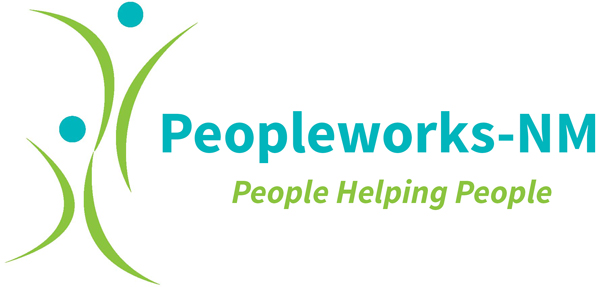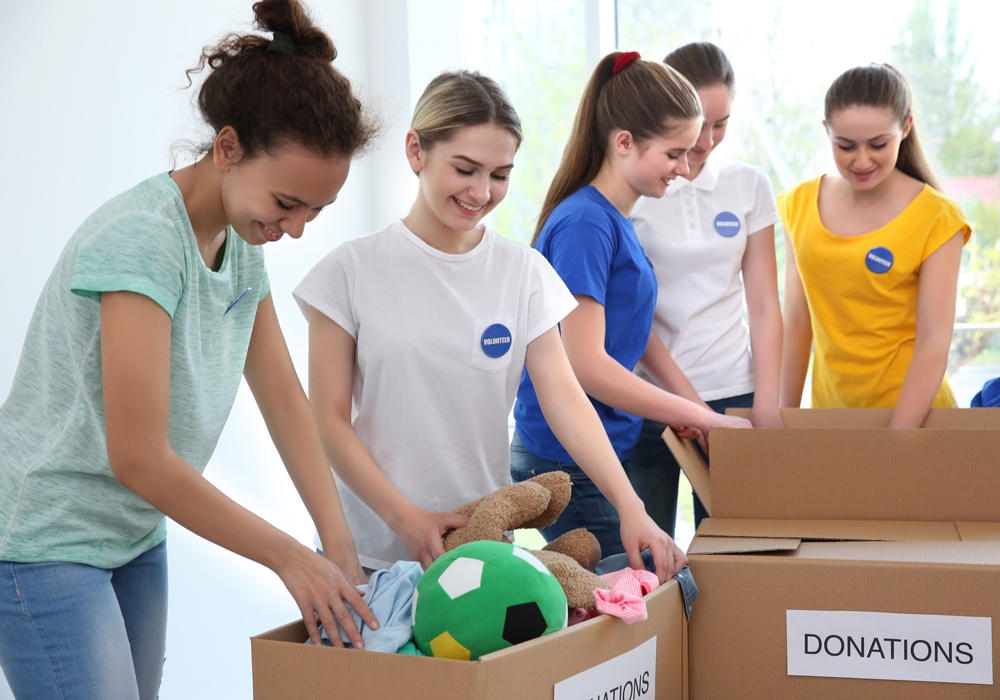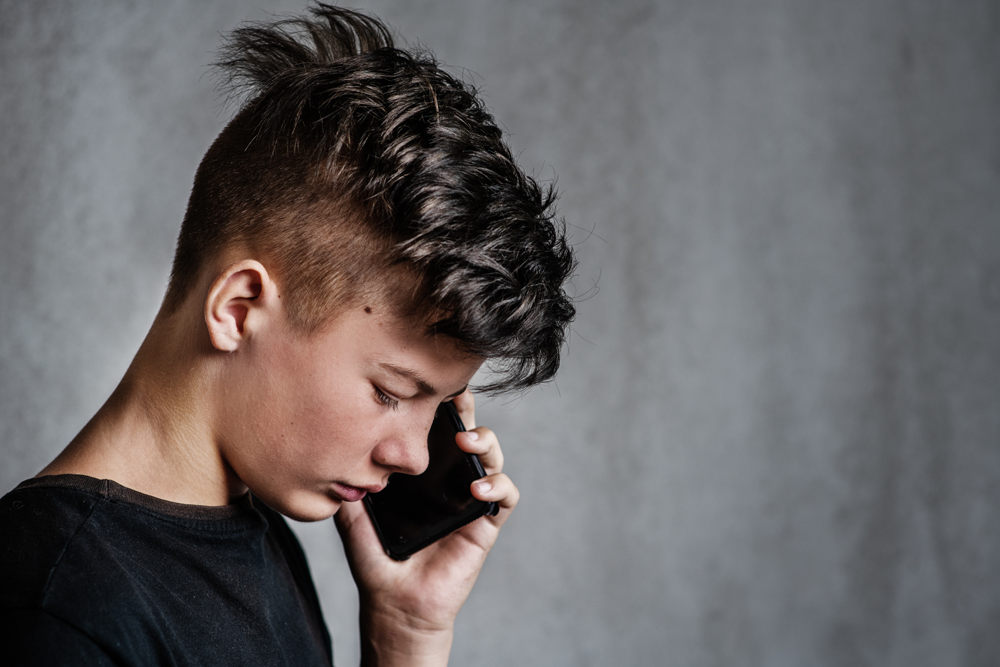Seeing Yourself as a Caregiver
Mental Health Tidbits and Tools
by Melyssa Agee-Mares Caregivers often are puzzled when they are called ‘caregivers.’ They will say, “Oh, I just pick up her medications,” or “This is what I do as a daughter, son, friend, or spouse [you fill in the blank]”. Before long their life has been filled with running errands for another person, charting medication reactions, going to the doctor and watching for behavioral changes. For so many, dementia caregiving slowly envelopes our lives until we abruptly realize our entire life has become overwhelmed by the care of another.
Caregivers often are puzzled when they are called ‘caregivers.’ They will say, “Oh, I just pick up her medications,” or “This is what I do as a daughter, son, friend, or spouse [you fill in the blank]”. Before long their life has been filled with running errands for another person, charting medication reactions, going to the doctor and watching for behavioral changes. For so many, dementia caregiving slowly envelopes our lives until we abruptly realize our entire life has become overwhelmed by the care of another.
My journey in caregiving began similarly. In fact, despite working in the aging field, I was unaware that the help I was offering was considered caregiving. Caregiving for me began as a peripheral activity; something I did on the side to help my grandmother and mother. Initially, I was just bringing my grandmother to family functions. Over time my visits became more frequent and evolved to bringing items she needed. Eventually, I found myself helping her change out of adult briefs when visiting. The worry and concern I felt for her slowly grew alongside my changing role. But before she moved in with me, I never once considered myself a caregiver.
So often when I counsel clients, they too do not realize they are caregivers. They downplay the role they play in caregiving and as a result so too is the impact caregiving is having on their emotions and lives. It is crucial to understand that although caregiving is often a labor of love it comes with its own set of emotional barriers and burdens. Acknowledging the impact that caring for another is having in your life and accepting your emotions – the good and the bad- is crucial. Coming to terms with your emotions allows you to be less judgmental of yourself and others and to reach out for help.
When caring for my grandmother, I remember the absolute overwhelming feeling I had when I realized the weight of her care was on my shoulders. Suddenly I had this recognition that despite my previous training (which included training family caregivers) nothing had prepared me for the emotional impact of providing care to my own grandmother. Once I accepted the losses and gains that providing care was having on me and my life I could more easily seek support and additional information regarding dementia caregiving. I read every book I could find and talked to as many people as I could in similar situations. I sought support from friends and family as often as I could. I brushed up on ways to take breaks even when no one was able to provide me with respite. Finally, I learned to find pleasure and happiness in even the most difficult moments through spirituality and mindfulness.
I hope if you find yourself caring for another, you will learn to accept all the feelings you have about providing that care, including learning to recognize your limits and when you are feeling overwhelmed. And when you find that you need more support I hope you seek out help in whatever methods work best for you.







Recent Comments